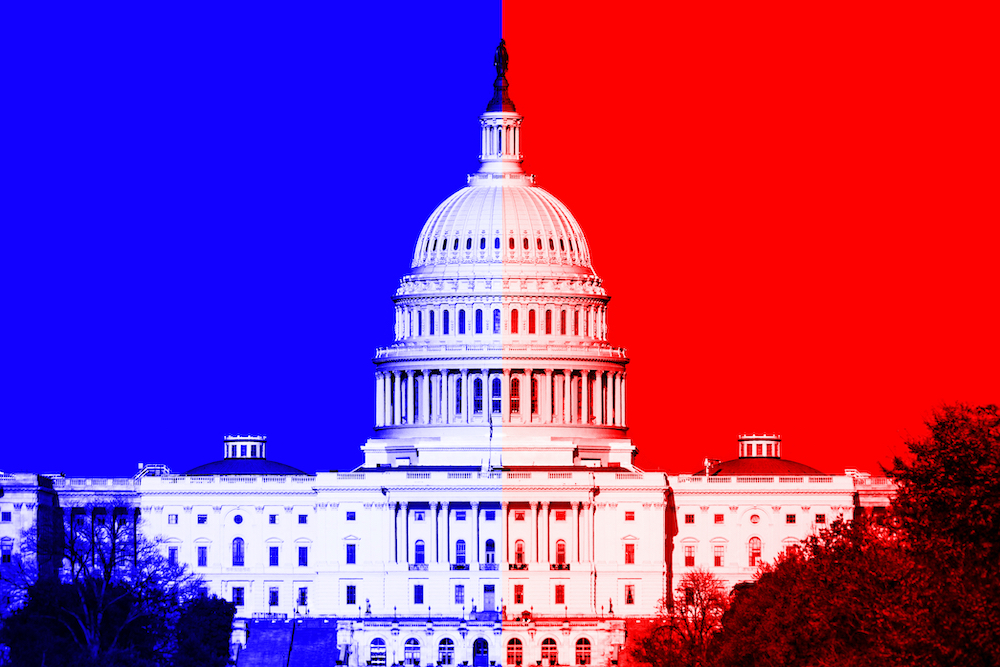We’re in an entrepreneurship downswing. Congress needs to act.
Lil Roberts is the CEO of Fort Lauderdale-based fintech startup Xendoo, an online bookkeeping and accounting platform for small businesses with fewer than 20 employees. Xendoo has experienced first hand how the pandemic has affected not only the small business community, but also startups.
There’s a popular conception that recessions encourage entrepreneurship. They create a pool of accessible labor and new market needs. Uber, AirBnB, and Slack were founded during the last recession.
This does not hold true for all venture-backed, high growth startups. Since the economic crisis has started, investors have pulled money out of early-stage startups and shifted it to stabler, later-stage deals, while startups like Xendoo have seen their customer bases impacted.
Even before the pandemic it was historically difficult to start a business or a technology company in the United States: according to the nonpartisan Economic Innovation Group, fewer Americans are starting new businesses than at any point in the last fifty years.
Our elected officials have a role to play in supporting small businesses and fledgling startups – and they certainly talk about it a lot. But the US Congress has made a series of missteps in the past few months, however well-intentioned. For instance, the structure of the CARES Act incentivized banks with payment on the size of the loan. As Lil Roberts said, “Xendoo’s small business customers had greater success with private and community banks who explicitly focus on small businesses rather than large corporations.” After hearing horror stories, Lil decided to access a PPP loan with a community development financial institution two hundred miles away from Fort Lauderdale.
As Congress debates its next round of stimulus in response to the coronavirus pandemic, it must make a national commitment to entrepreneurs by tailoring policies to address their needs, helping states strengthen the private financing of new businesses, and expanding access to capital access across America. Otherwise we could lose an entire generation of entrepreneurs like Lil. Specifically, there are three things that Congress can do.
1. Redefine “small business”
The Department of Treasury rules (set by Congress) classify a small business as any business with less than 500 employees. This might have made sense in another era. But in the modern day and age, when Instagram can grow to a billion-dollar valuation with just 13 employees, that definition is out of date. It leads to circumstances where companies with hundreds of people beat out true startups and small businesses for SBA loans.
“In today’s world, how is it possible that a small business is still defined by a certain number of employees rather than revenue?” Lil asks. “Congress would be well served to redefine a small business as revenue tiers.”
2. Drive capital to overlooked places
Even during normal times, Lil faced difficulties accessing capital. She lives in a region often overlooked by venture capital funding. In 2019, Florida-based startups raised a record $2.9B in venture capital, which accounts for less than 1% of total venture capital investment in the U.S.
There are options on the table to drive more capital to help what Steve Case calls the “Rise of the Rest.” Senator Klobuchar’s New Business Preservation Act, which is designed as a federal-state partnership, will allocate $2 billion in federal funds to states on the basis of their populations. States would be able to use this money to attract venture capital investment by promising to match those investments one-to-one.
3. Broaden the pool of investors
Finally, Congress could open up the pool of investors who are eligible to invest in entrepreneurs like Lil. In August, the SEC announced new changes to the definition of an accredited investor that will go into effect in 60 days. But while the rule expands the licenses that can invest and lowers the financial bar for LLCs, it doesn’t go far enough: the minimum viable threshold for both income and net worth is still $200,000. In 2019, only 8.9% of the US population met this threshold.
“By keeping the threshold at $200,000, the advantage goes to the wealthy, and not the everyday American, who could be investing in the next Amazon before it makes it to the stock market,” Lil explains.
Congress must make it a national priority to support entrepreneurs. If that does not happen, it is possible that an entire generation of entrepreneurs will be lost, hampering future economic growth, prosperity, and most importantly, innovation.
Allie Burns is the CEO and Rustin Finkler is Communications and Research Manager at Village Capital, the largest supporter of impact driven, seed-stage startups in the world. The views and opinions expressed in this article are those of the authors and do not necessarily reflect the official position of Village Capital.











